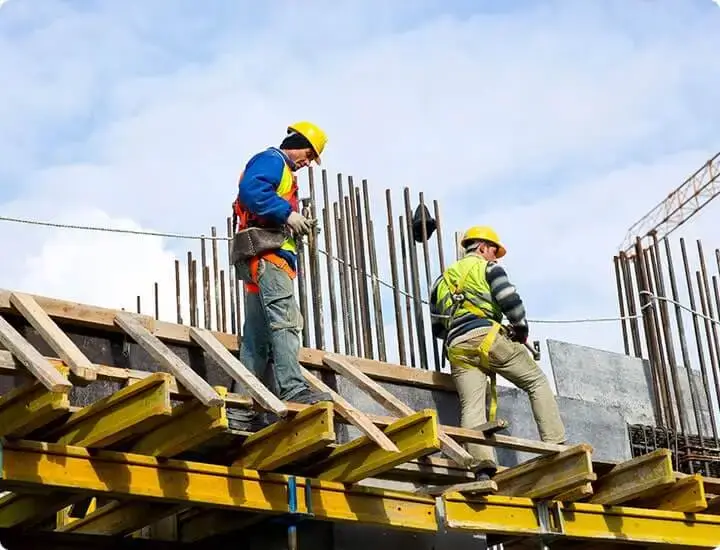The construction industry is evolving faster than ever before. With new technologies, materials, and methods emerging every year, builders and contractors are transforming how projects are planned, executed, and delivered. From smart tools to green building practices, the future of construction is all about efficiency, safety, and sustainability.
1. Smart Technology on the Job Site
Modern construction sites are no longer just about bricks and mortar. Today, digital tools like drones, 3D scanners, and Building Information Modeling (BIM) are revolutionizing how projects are managed.
-
Drones provide real-time aerial views for better site monitoring.
-
BIM allows architects, engineers, and contractors to collaborate on a single 3D model, reducing costly mistakes.
-
Wearable tech helps track worker safety and productivity.
These technologies not only save time but also help ensure projects stay on budget and meet quality standards.
2. Sustainable Building Practices
Sustainability has become a cornerstone of modern construction. Builders are using eco-friendly materials such as recycled steel, bamboo, and low-carbon concrete to minimize environmental impact.
Energy-efficient designs, solar panels, and smart insulation systems are also helping reduce energy consumption in residential and commercial buildings alike.
By focusing on sustainability, construction companies can meet government regulations, attract environmentally conscious clients, and contribute to a cleaner future.
3. The Rise of Modular and Prefabricated Construction
Prefabrication and modular building methods are reshaping the industry. Instead of building entirely on-site, many components are manufactured in controlled environments and assembled later.
This approach offers several benefits:
-
Faster project timelines
-
Less waste and fewer site disruptions
-
Improved quality control
It’s an ideal solution for housing developments, hospitals, and schools where time and efficiency are crucial.
4. Safety and Training Remain Top Priorities
Even as technology advances, safety remains the backbone of every construction site. Companies are investing in safety training programs, better personal protective equipment (PPE), and advanced monitoring systems to prevent accidents.
A well-trained and protected workforce is key to maintaining productivity and reducing downtime.
Conclusion
The construction industry is heading toward a smarter, safer, and more sustainable future. By embracing innovation and adapting to new technologies, companies can stay competitive and deliver exceptional results.
At [Your Company Name], we combine modern technology with proven craftsmanship to ensure every project meets the highest standards of quality and safety. Whether it’s a residential build, commercial project, or renovation, we’re committed to constructing with integrity and excellence.


